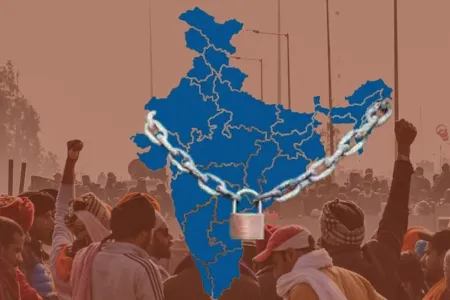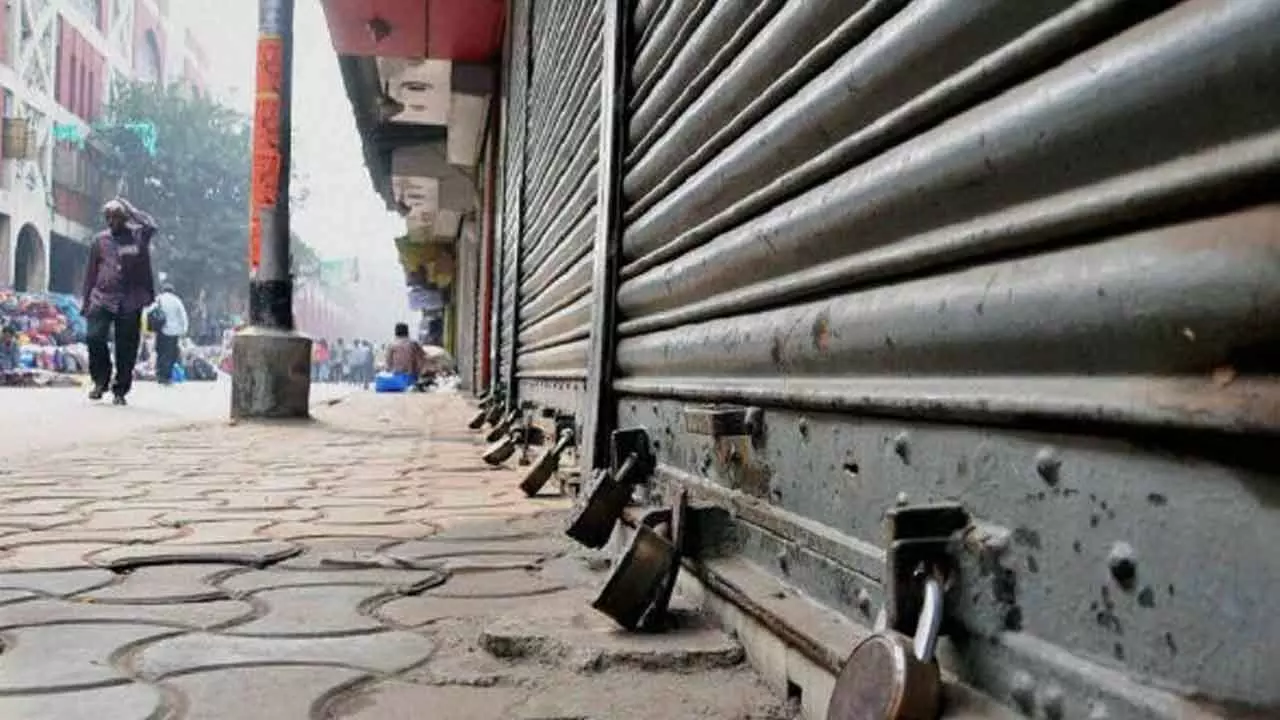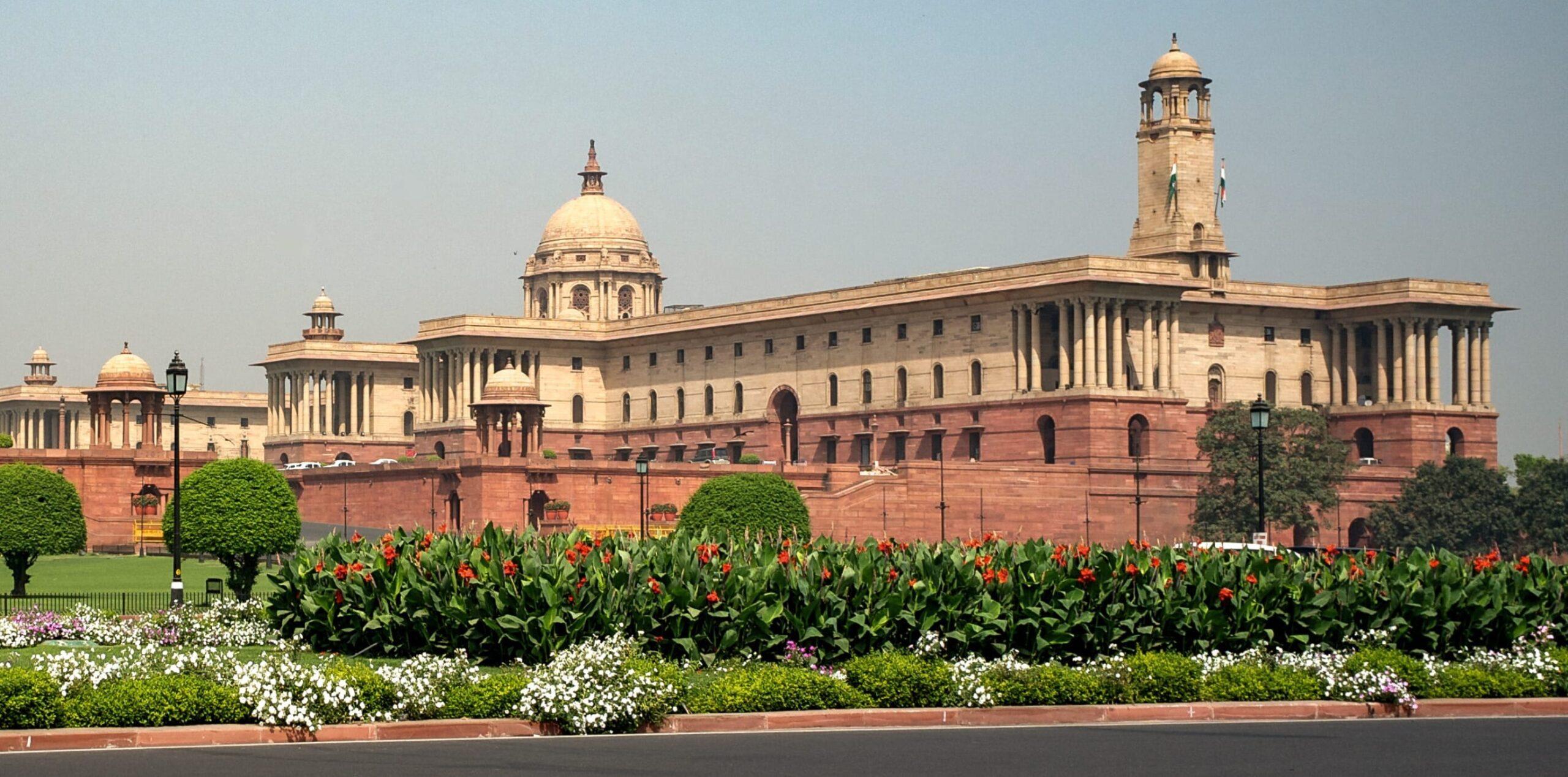On July 9, India will see a massive strike as over 25 crore workers from across the country plan to participate in a nationwide Bharat Bandh. A joint forum of 10 central trade unions has called for the strike, with support from several farmer organizations and rural worker groups. This coordinated protest will hit key sectors and disrupt daily life in many regions.
Trade unions have announced that workers from banking, insurance, postal services, coal mining, highways, construction, factories, and state transport services will participate. Farmers and agricultural laborers have also pledged their support, planning large gatherings and road blockades in rural areas.
Why Workers Are Striking
Union leaders accuse the government of passing anti-worker, anti-farmer, and pro-corporate policies. Their main concerns include:
-
Parliament passed new labor codes that, unions say, weaken workers’ rights to collective bargaining, make unionizing harder, increase work hours, and allow employers to violate labor laws without serious consequences.
-
Rising unemployment and inflation are putting immense pressure on workers, especially in the informal sector.
-
Unions argue that privatization and outsourcing of public enterprises are eliminating secure jobs and replacing them with insecure contract-based work.
-
They criticize the government for not holding the Indian Labour Conference for 10 years, leaving workers without a platform to voice concerns.
Last year, unions submitted a 17-point demand list. They urged the government to create jobs, fill vacancies, increase MGNREGA workdays and wages, and strengthen social security. However, they claim the government ignored these demands while focusing on policies that Favour corporations.
What Will Be Affected on July 9
The Bharat Bandh will impact multiple services across India. Banks and ATMs might stay closed in several areas. Postal services and deliveries could slow down. Public transport, including buses and state-run services, may not operate fully. Coal mines, steel plants, and factories are also expected to halt work as employees join the strike.
Essential services like hospitals and emergency care will continue but may face localized delays. People should plan their day carefully to avoid disruptions.
A Clear Message to the Government
This Bharat Bandh is more than just a strike. It is a strong call from workers and farmers demanding fairness, security, and dignity. With over 25 crore people preparing to take to the streets and stop work, they are sending a clear message: policies that hurt workers and benefit corporations will face resistance.
As the nation prepares for disruptions, all eyes are on whether this united show of strength will force real change and bring workers’ voices back to the center of policymaking.
Who is participating?
Leaders from big unions like AITUC (All India Trade Union Congress), INTUC (Indian National Trade Union Congress), CITU (Centre of Indian Trade Unions), and HMS (Hind Mazdoor Sabha) have confirmed they will take part in the strike.
Amarjeet Kaur from AITUC said over 25 crore workers from sectors like construction, mining, transport, manufacturing, banking, insurance, and agriculture are expected to join.
Some key highlights:
-
Around 27 lakh power sector workers have promised support.
-
Banking and insurance employees will go on strike across India.
-
Postal workers and state transport staff in many regions are also likely to stay away from work.
What’s Open and Closed During Bharat Bandh?
The government hasn’t declared an official holiday, but unions have planned a massive July 9 strike that will disrupt several services nationwide.
What could be affected:
-
Public sector and cooperative banks may partially operate or shut down in some areas.
-
Insurance services like LIC and GIC may face disruptions, while private sector participation may differ.
-
Postal workers may slow down deliveries.
-
Power workers in select states may cut electricity supply.
-
Public transport in union-strong states may reduce its capacity.
-
Coal miners and factory workers in unionized sectors plan to halt operations.
What’s likely to stay open:
-
Schools and colleges will continue as most states haven’t ordered closures.
-
Private offices and emergency services will remain open, but transport disruptions may cause delays.
-
Hospitals and healthcare will operate, though some support staff may join the strike and slow services.
Security on high alert
State governments have deployed extra police to maintain law and order. The Centre hasn’t issued an official statement but continues to monitor the situation closely.
This Bharat Bandh comes at a critical time, ahead of key state elections, and reflects the rising frustration among workers and farmers over what they see as policies that ignore their rights and welfare.
The Bharat Bandh isn’t just a protest; it’s a clear warning. Millions of workers and farmers are raising their voices together, showing their anger at policies that harm their rights. Whether or not the government responds, this strike will leave a strong mark on India’s political and economic scene.



















































